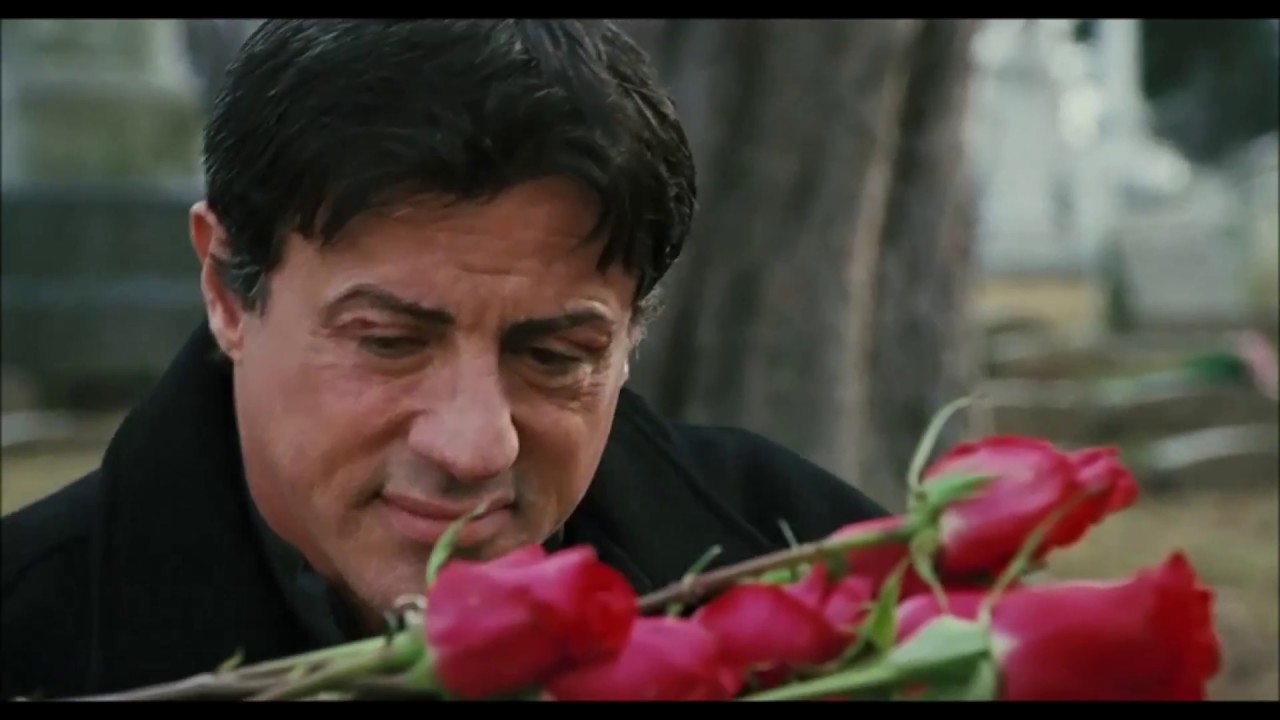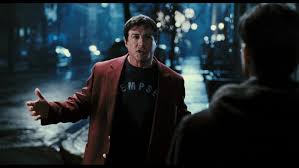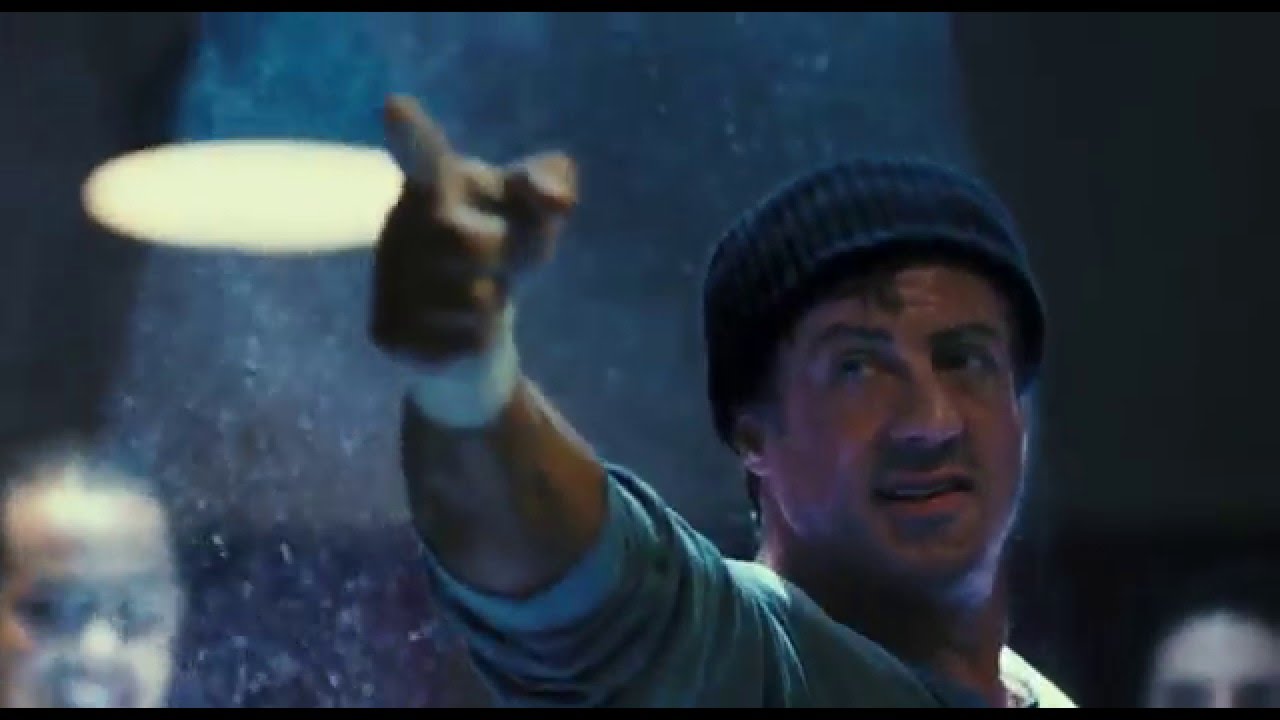Rocky Balboa (2006)

Rocky Balboa (2006) – A Triumphant Return to the Ring
Introduction
Rocky Balboa (2006) marks the sixth installment in the legendary Rocky franchise, written, directed, and starring Sylvester Stallone. After a 16-year hiatus since Rocky V (1990), Stallone delivers a heartfelt, nostalgic, and emotionally charged story that serves as both a fitting farewell and a powerful comeback for one of cinema’s most beloved characters. The film explores themes of aging, perseverance, and personal redemption, proving that Rocky still has one last fight left in him.
Plot Overview
The story picks up years after Rocky V, with Rocky Balboa now retired and running a small restaurant in Philadelphia named Adrian’s, in honor of his late wife. He lives a quiet life, reminiscing about the past and struggling with grief and loneliness after Adrian’s passing. His relationship with his son, Robert Jr. (Milo Ventimiglia), is strained, as Robert grapples with living in his father’s legendary shadow.
Meanwhile, the reigning heavyweight champion, Mason “The Line” Dixon (Antonio Tarver), faces criticism for never being truly tested in the ring. A computer-simulated fight comparing Rocky in his prime to Dixon sparks interest among fans, suggesting that Rocky might have had a chance against the modern champion.
Inspired to step into the ring one last time, Rocky decides to obtain a boxing license and take on a series of small-scale exhibition matches. However, Dixon’s camp proposes a highly publicized exhibition bout between Rocky and the current champ, setting the stage for an emotional and physically grueling showdown.
Themes of Legacy and Perseverance
One of the film’s strongest aspects is its deep exploration of legacy and perseverance. Unlike previous entries, Rocky Balboa is less about a championship fight and more about one’s ability to push forward despite the odds.
Rocky’s journey resonates not just as a sports drama but as a universal story about aging, loss, and the pursuit of self-worth. The film challenges the notion that a person’s greatest days are behind them, emphasizing that the true measure of success lies in one’s willingness to keep moving forward.
Sylvester Stallone’s Performance
Stallone delivers one of his most moving performances as Rocky, showcasing a blend of wisdom, vulnerability, and unbreakable spirit. Unlike his younger, more physically dominant self in earlier films, this version of Rocky is battle-worn but still full of heart and determination. His monologue to his son, where he delivers the iconic line “It ain’t about how hard you hit, it’s about how hard you can get hit and keep moving forward”, stands as one of the most inspirational moments in the franchise.
The Fight: A Realistic and Emotional Showdown
The final bout between Rocky and Mason Dixon is shot with a raw, realistic approach, blending cinematic drama with authentic boxing techniques. Unlike previous over-the-top fights, this match feels grounded and strategic, emphasizing Rocky’s resilience over sheer strength.
Dixon, initially dismissive of Rocky, soon realizes that the aging fighter possesses an unshakable determination that cannot be easily defeated. The fight becomes less about winning or losing and more about proving that Rocky still belongs in the ring.
Direction and Cinematography
Stallone’s direction is intimate and powerful, drawing audiences into Rocky’s emotional world. The film beautifully captures Philadelphia’s atmosphere, returning to familiar locations like the Philadelphia Museum of Art’s iconic steps while introducing new, poignant settings such as Rocky’s restaurant.
The cinematography in the fight scenes is dynamic, using handheld cameras, quick cuts, and real-life HBO Sports-style commentary to create an immersive boxing experience. Unlike previous Rocky films, which leaned toward stylized action, Rocky Balboa opts for a grittier, documentary-like approach.
The Impact and Legacy
Upon release, Rocky Balboa received critical and audience acclaim, with many praising it as a return to form after the disappointing reception of Rocky V. The film successfully closed Rocky’s story on a high note, celebrating his resilience and legacy without feeling forced or unnecessary.
It also paved the way for the Creed spin-off series, which introduced a new generation to Rocky’s world while continuing his legacy through Adonis Creed.
Final Verdict
Rocky Balboa (2006) is a triumphant and emotionally resonant return for the Italian Stallion. With a heartfelt story, incredible performances, and a realistic yet thrilling final fight, it serves as the perfect conclusion to Rocky’s saga while delivering one of the most inspiring messages in cinema.
Whether you’re a longtime fan or a newcomer, this film is a must-watch for anyone who appreciates stories of underdogs, perseverance, and the will to fight for something greater than oneself.
Rating: 4.5/5 ⭐⭐⭐⭐⭐